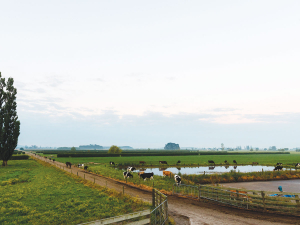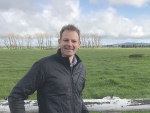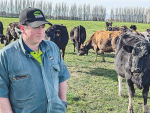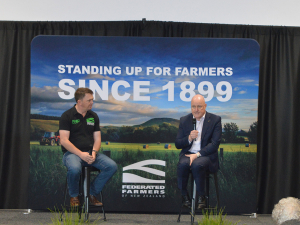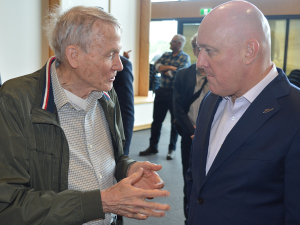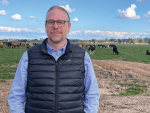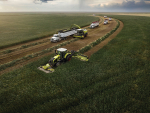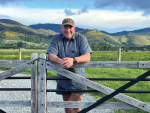The days of dairy conversions are pretty much done, according to the Real Estate Institute (REI).
There are multiple reasons for this, including the cost and difficulty of getting a resource consent, availability of water and other environmental issues, says REI spokesperson on rural issues, Brian Peacocke.
He says people wishing to convert lower classes of pastoral land will struggle to gain a consent given the way that regional councils have classified land use.
Peacocke says it's easier to come down a land use category, rather than trying to go up one.
According to Peacocke, it appears that more dairy farms are coming on the market at the moment, but the latest statistics on this are not out yet. He says the same applies for the price of dairy land with sales of many farms currently on the market still to be finalised.
"In terms of sales, what appears to be happening is that good dairy farms in prime areas are being sold as dairy farms, whereas in some of the fringe dairy areas we are seeing evidence of a change of land use," he told Dairy News.
"Some marginal dairy farms are going back to beef or heifer grazing dairy support. In some of the country that's further back, more remote or inhospitable we are seeing a move into trees and some land that may be integrated into trees," he says.
Peacocke says the trend of larger farming operations absorbing small neighbouring blocks is continuing and there are now very few small dairy farms left. He says the demand for good dairy support land is significant and often this land is fetching higher prices than actual dairy farmland.
Horticulture Takeover
Brian Peacocke says there is a trend for some dairy farms on very good land to be bought for commercial vegetable growing and other horticultural activities.
But he says such land must have good soil, the right contours and have a sustainable water supply. He says water is key and in Northland a new water scheme will certainly foster horticultural development.
"In the Waikato we are seeing a spill over from the Bay of Plenty in terms of demand. Alternatively some of the well-established horticulturalists in the Waikato are expanding their operations and that is to kiwifruit, whereas Northland will be a mixture of kiwifruit and avocados," he says.
Just recently Zespri announced it is halving the number of hectares for SunGold kiwifruit this year and Peacocke says this is likely to result in record prices being paid for land in areas where kiwifruit can be grown. He says last year prices were around $550,000/hectare, but this year it could be up around $700,000/ha.
Peacocke says the other ongoing factor is that good quality land is being acquired for urban development and this is adding to the pressure on the dairy industry. He says fewer cows along with adverse climatic conditions is also leading to a drop in the overall milk supply - something he says is concerning Fonterra.

